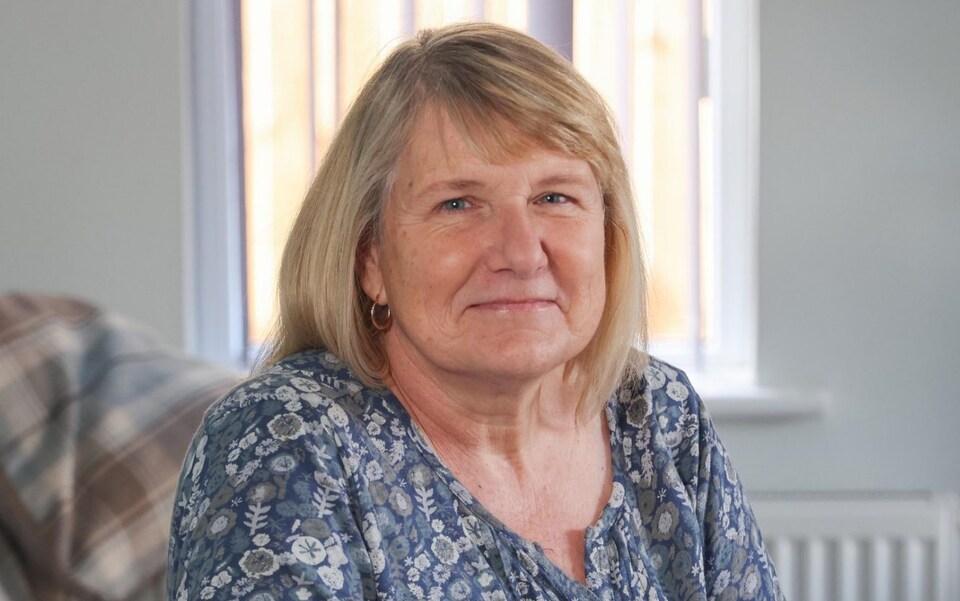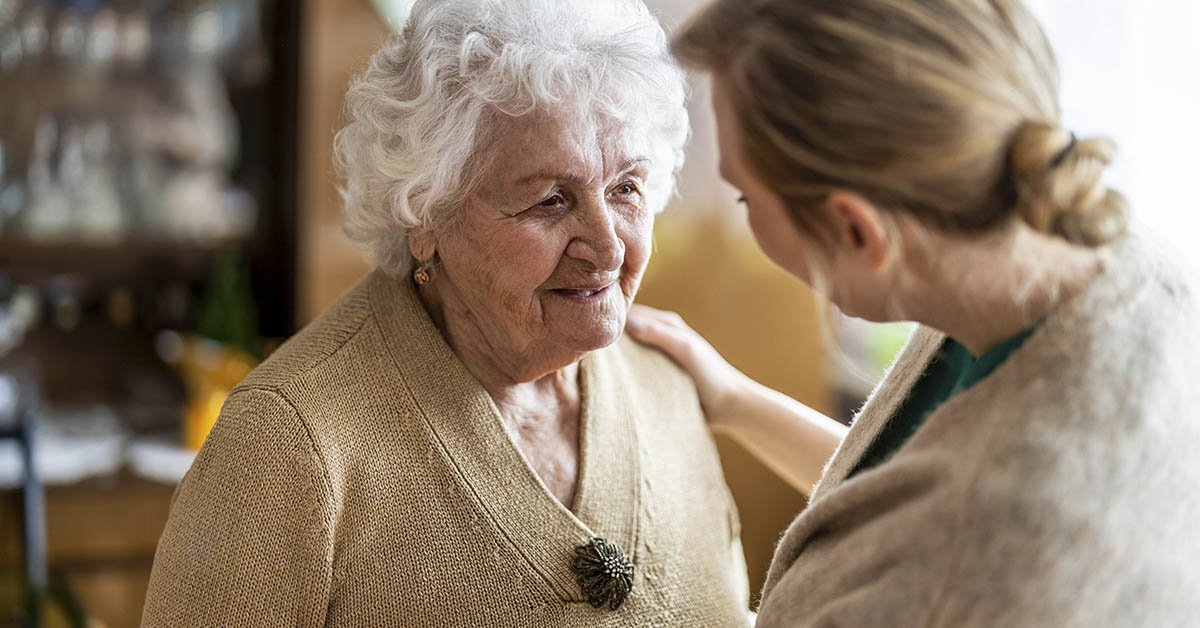Life is full of scary and unexpected health concerns, but it can be incredibly helpful for those dealing with diseases and their loved ones to be reminded that they’re not alone. Moreover, there are loads of organizations and resources to help people cope. One such nurse shares her expertise, hoping to eliminate the stigma against dementia.
Nurse Holder is Fighting the Stigma against Dementia

Julie Holder has been working as a nurse for people struggling with the dementia stigma for more than 20 years. “I was assigned to an older persons’ ward, and I fell in love with the work; trying to make the patients’ experience as good as it could be.” she explained. “If you can get it right and help other people understand that patient’s world, it makes such a difference to them.”
According to her, the first signs of dementia often go unnoticed and are subtle but can be managed if recognized early on. While dementia can’t be cured, there are ample medications that help sufferers improve cognitive abilities, as well as cope with depression and other negative mental health effects of the disease.
As reported by The Telegraph, Holder explains that simple signs may include someone who was once able to put on a tie and shirt, but now struggles to do so. “This can be overlooked by a patient saying, ‘I don’t work anymore so I don’t need to wear it,’” she said. “Or a family member may do it for them and that then becomes the norm, so helping out masks a deficiency.”
Holder’s first step in combatting dementia stigma is to review a patient’s medical history with their families thoroughly. “If someone is managing, albeit haphazardly, sometimes the family have their heads in the sand; but when that person ends up in hospital for another reason, you wonder how they managed at home for so long,” Holder compassionately explained.
Read More: One Dietary Change Could Cut Your Risk of Dementia By 20%
Working as a Sleuth

Interestingly, her ability to “research” and diagnose a dementia case can help to give everyone involved a clearer perspective, eliminating the stigma against dementia. “I sometimes feel like a detective.” Holder stated, further explaining that she’ll check in with patients “as many times as I need to.” Noting that she takes 12 months to complete her observations. She also explained that things like CT scans and ACE tests are helpful tools during the diagnosis process. CT scans can show visible signs of concern, whereas ACE tests require the patient to demonstrate their cognitive abilities, such as memorization and planning.
While the diagnosis process is one that is daunting, Holder believes that the information comes as a relief. “I think the majority of people are glad that they know what’s happening to them and why they’re having problems.” She said.
The first and biggest stigma associated with dementia Holder wants to address is the fact that many people believe dementia ruins lives. “We see the negative aspects on television and in films, which are very frightening, and people forget that with the right person-centered care and understanding people around them, a person can have a ‘good dementia.’” Holder disclosed. Another stigma she hopes to clear up is that there isn’t anything available to help patients address these obstacles. She explains that with early detection, some can have a better experience by exercising their brain daily. She recommends things like Sudoku and Jigsaw puzzles, coloring and painting, and, most importantly, variety. By partaking in a variety of brain-building activities, more of the brain is used rather than focusing on one lobe or another.
Getting Creative

Furthermore, early detection gives patients the best chance at finding a medication regimen that works well with their needs. Some of Holder’s expertise comes from unconventional methods. For example, red is one of the last colors people recognize as they begin to lose certain functions so Holder helped a former patient to better recognize the bathroom by adding red signage on the door and a red toilet set.
Another time in which her creative approach was successful was in the case of a woman who’d previously worked folding laundry. Holder encouraged her to start that task again, yielding positive results. “This stopped her from pacing up and down the corridor in her care home as it gave her meaningful occupation.” She shared.
Dementia Stigma Runs Deep

Another reason there is stigma associated with dementia is because it’s an invisible disability. This is because there are few to no physical symptoms people see; however, by law, dementia and some other mental health issues are considered a disability. Therefore, the Alzheimer’s society has highlighted the treatment of those with “invisible” disabilities accordingly as an important dementia stigma to address.
Last is the dementia stigma concerning autonomy. People with dementia are constantly faced with others questioning their ability to make decisions. Although they’re forgetful at times, the dementia stigma that they’re completely incompetent is both hurtful and inaccurate. The disease may eventually consume a person’s brain, but in the meantime, they still have some capacity to decide how best to meet their own needs.
Fighting the stigma against dementia is easy to do these days because there is so much more out there regarding the disease. Medical professionals know much more about it than they did a few years ago. However, they still have some things to discover, such as, hopefully, a cure one day. Moreover, numerous medications are available to help ease symptoms, and organizations offer emotional and, in some cases, financial support.
Read More: A Natural Approach To Early-Onset Dementia
Sources
- “5 ways dementia stigma must be challenged. Alzheimer’s Society
- “As a dementia nurse, this is what I wish everyone knew about the illness.” Telegraph. Jack Rear January 3, 2023.

